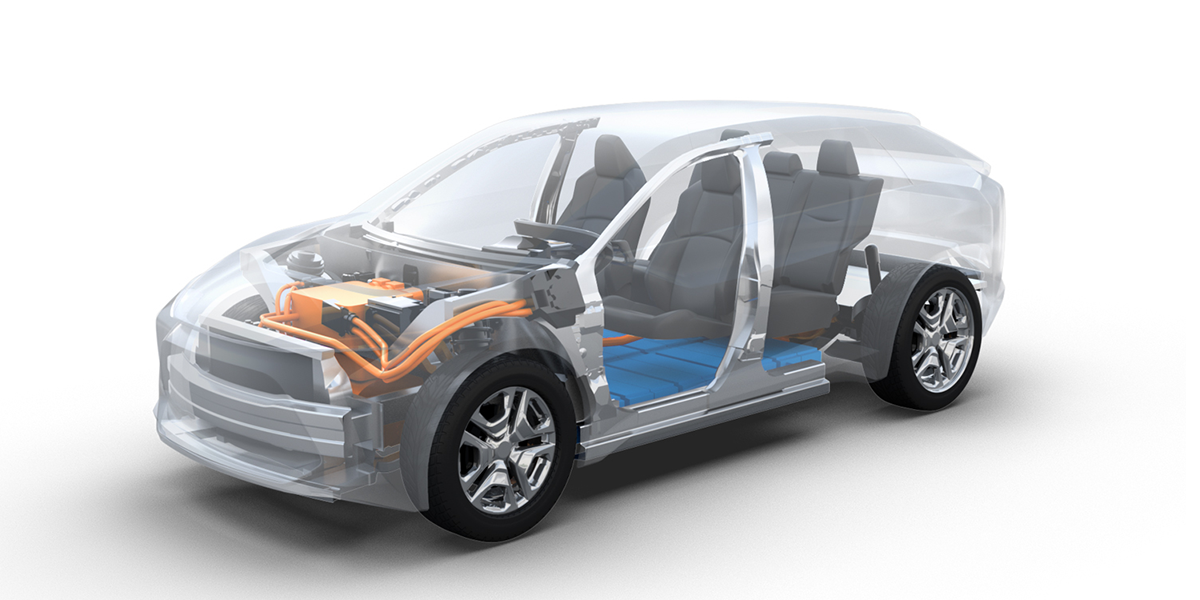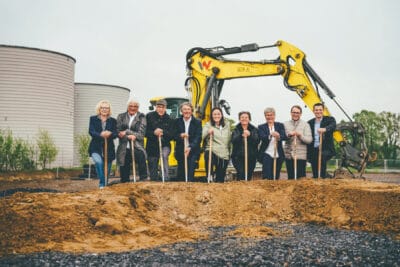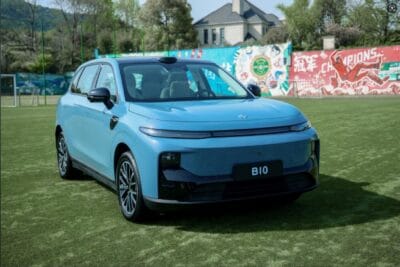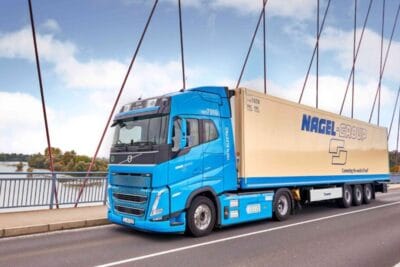Indonesia plans a series of EV incentives
The Indonesian government is planning a series of incentives to increase the uptake of electric vehicles as well as supporting the manufacture of these in the country. Indonesia aspires to become a hub for electric vehicle manufacturing and an exporter.
With these drafted measures, Indonesia should be able to position itself in Southeast Asia against countries such as Thailand and Singapore as an electric vehicle manufacturing location in the region with the advantage of its significant nickel and cobalt resources.
A Bloomberg report refers to the government draft for the measures quoting Jeffrosenberg Tan of the Indonesian investment company PT Sinarmas Sekuritas as saving that the drafted measures are “ambitious as well as a brave move by the government.” The head of investment strategy went on to say: “We hope this will lead to huge investments in EV infrastructure and will be followed through by the development of the supply chain ecosystem.”
These measures apparently include lower taxes for manufacturers and buyers of electric cars and privileges for electric cars such as special parking. In future, the tax will be calculated on the basis of consumption and CO2 emissions instead of body type and engine size. In addition, the proportion of locally manufactured components is to be gradually increased to 80 per cent by 2030, and this proportion is to apply to electric motorcycles from 2026. President Joko Widodo said he will “surely” sign the decree once he receives it. “We can go ahead and prepare the infrastructure to support electric vehicles,” he said.
In early 2018, the Indonesian government revealed a road map to enable the country’s transition to electric transport, to increase its own manufacturing capacity, and to make use of the local nickel and cobalt production capacities, essential elements in EV batteries. Even before the implementation of the currently drafted measures, the government’s plan has so far provided some swift results: Chinese battery firm GEM began setting up a $700 million nickel joint venture in Indonesia last year that includes, according to a Reuters report, Chinese battery giant CATL. There have also been rumours that another international consortium of renowned e-mobility players is planning to build a raw material factory for lithium-ion batteries on the Indonesian island of Sulawesi – with the participation of Tesla, CATL, LG Chem, Daimler and Volkswagen. Although the responsible minister Luhut Pandjaitan confirmed the information, VW and Daimler denied participation in such a consortium when asked by electrive.com.
A number of other car manufacturers have already decided to invest billions in the country even before the new regulations have come into force. As previously reported, Toyota alone plans to spend 2 billion dollars over the next four years on the development of electric and hybrid vehicles in Indonesia. Hyundai plans to build an electric car plant in Karawang on the Indonesian island of Java. In addition, the Japanese Softbank group, which has invested heavily in various mobility projects, plans to invest up to two billion dollars in Indonesia over the next five years – primarily in the electric vehicle, battery and renewable energy sectors.
bloomberg.com (paywall), straitstimes.com





0 Comments